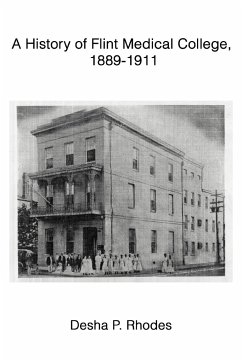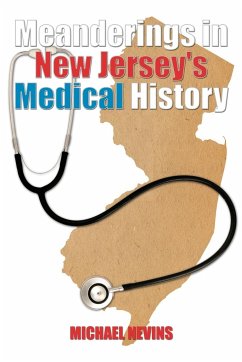After the Civil War, black people in the New Orleans region did not have adequate medical care, causing a health care crisis which lasted for almost two decades. In 1889 an institution emerged in response to this emergency. New Orleans University, a Methodist Episcopal Church school, opened a medical department which would later become Flint Medical College. Flint was born of the missionary fervor of the Methodist Episcopal Church. Although constantly facing the obstacle of chronic financial difficulty, the medical school grew, and in 1901, to honor its benefactor businessman John D. Flint, the university changed the name of the school to Flint Medical College. In spite of positive development, by 1905 advances in medical knowledge and practices threatened the adequacy of Flint's program. By 1906, Flint was struggling academically and needed better clinical facilities. Finally, faced with challenges it was unable to meet, in August 1911, the university announced the closing of Flint Medical College. Divers elements combined to end Flint's existence in 1911, but it was not a failure. This institution provided the foundation for organized health care for black people in the New Orleans area, and signified a triumph of black self-determination underwritten by Christian missionary fervor.








